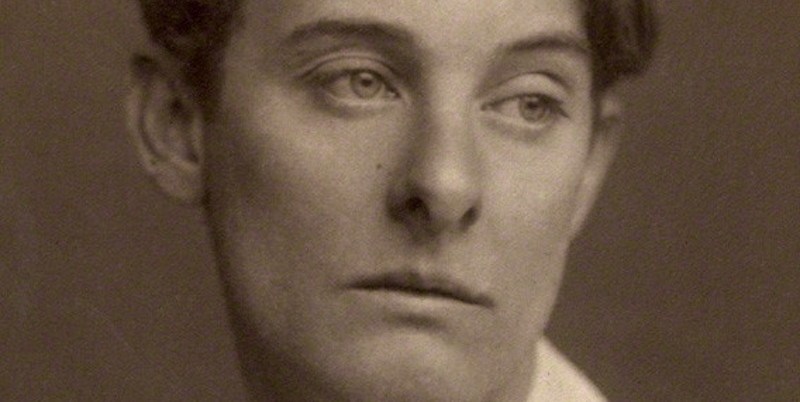Huw Lemmey and Ben Miller in Literary Hub:

In 1891, Oscar Wilde’s star was on the rise. For a decade he had been the talk of London, a literary wit who pioneered the fashion and philosophy of aestheticism. He had successfully published works of prose and collections of poetry, and was preparing his first novel, The Picture of Dorian Gray, for publication, a masterful account of a Faustian bargain dripping with desire, vanity, and corruption. England regarded this sparkling Irishman with a combination of fascination, admiration, and horror, but no one could deny he was becoming a titan of the national culture.
Yet within five years, Wilde’s reputation, and his health, were destroyed. Sentenced to two years of backbreaking hard labor, Wilde was spat at by strangers as he was transported via train to jail. Upon release, he fled into exile, living in penury under an assumed name. Nobody wanted to be known as his friend. Less than a decade after he had reached the heights of literary stardom, Wilde was dead.
It’s right and proper that we remember the role Wilde played within an otherwise staid and repressive Victorian culture, as well as the important, pioneering work he did describing, in public, a form of same-sex desire that otherwise lay hidden and criminalized on the margins.
More here.
